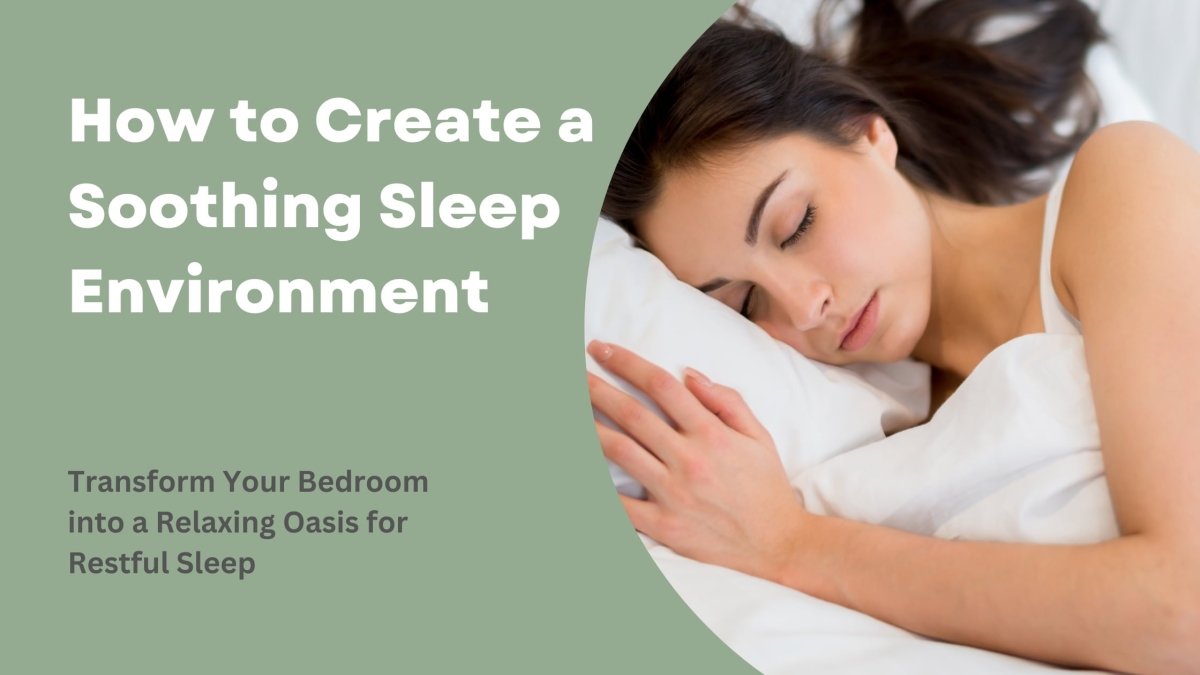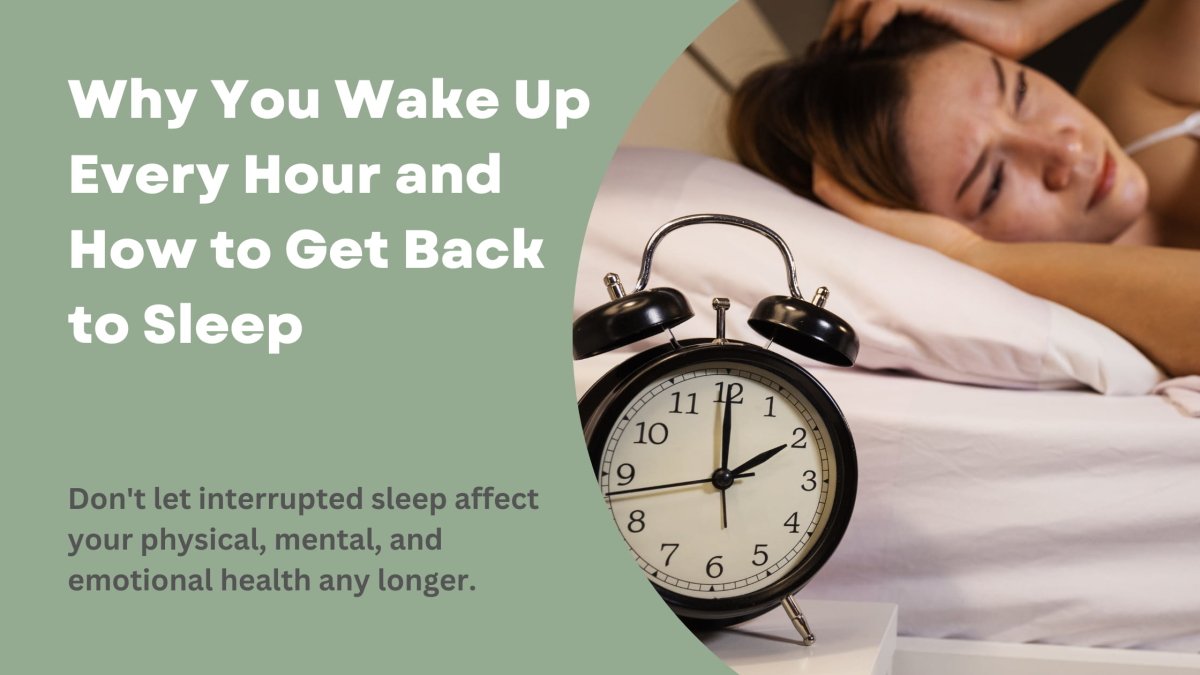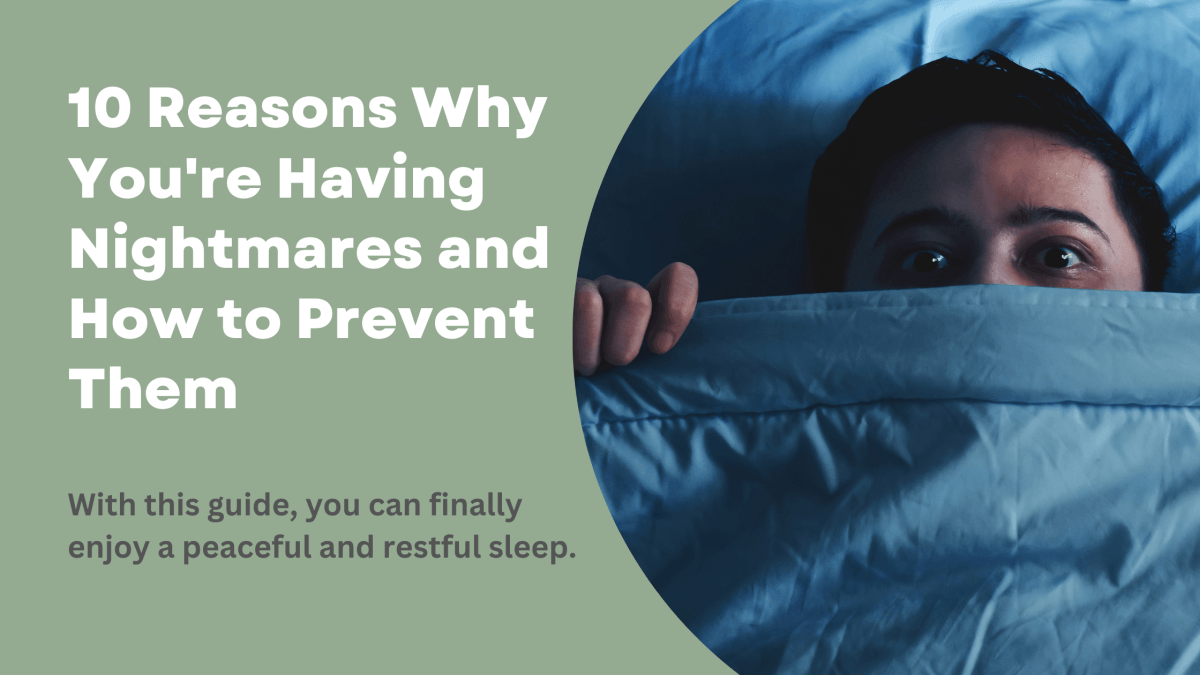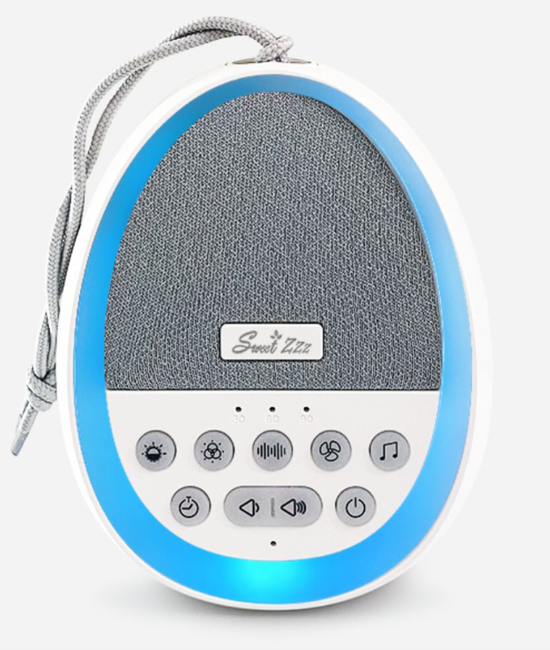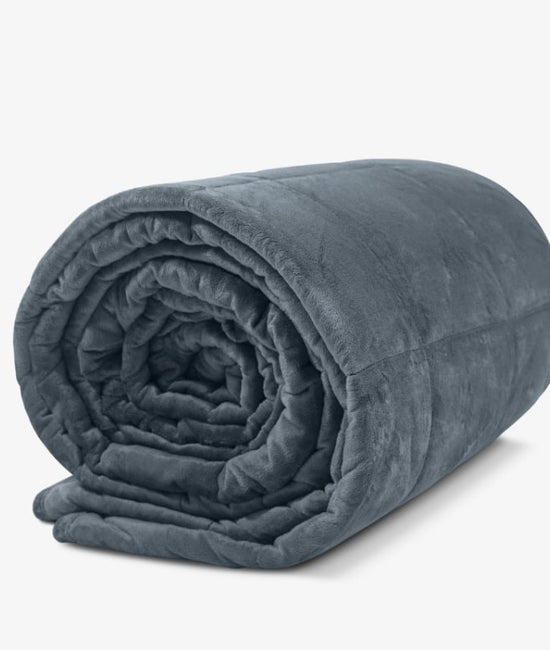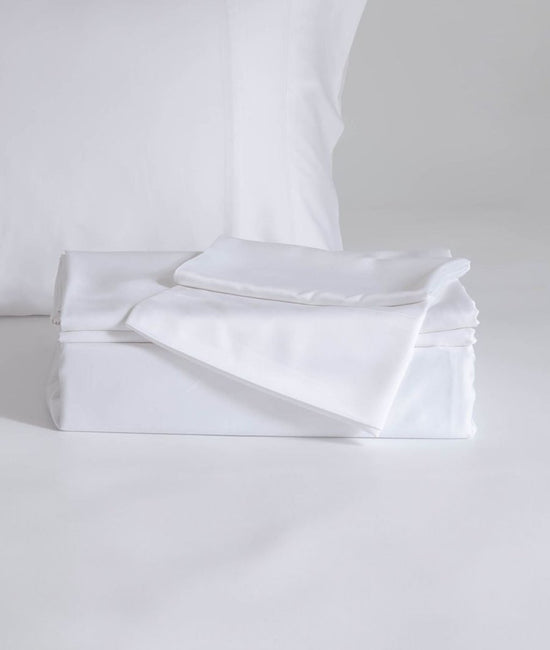How to Create a Soothing Sleep Environment
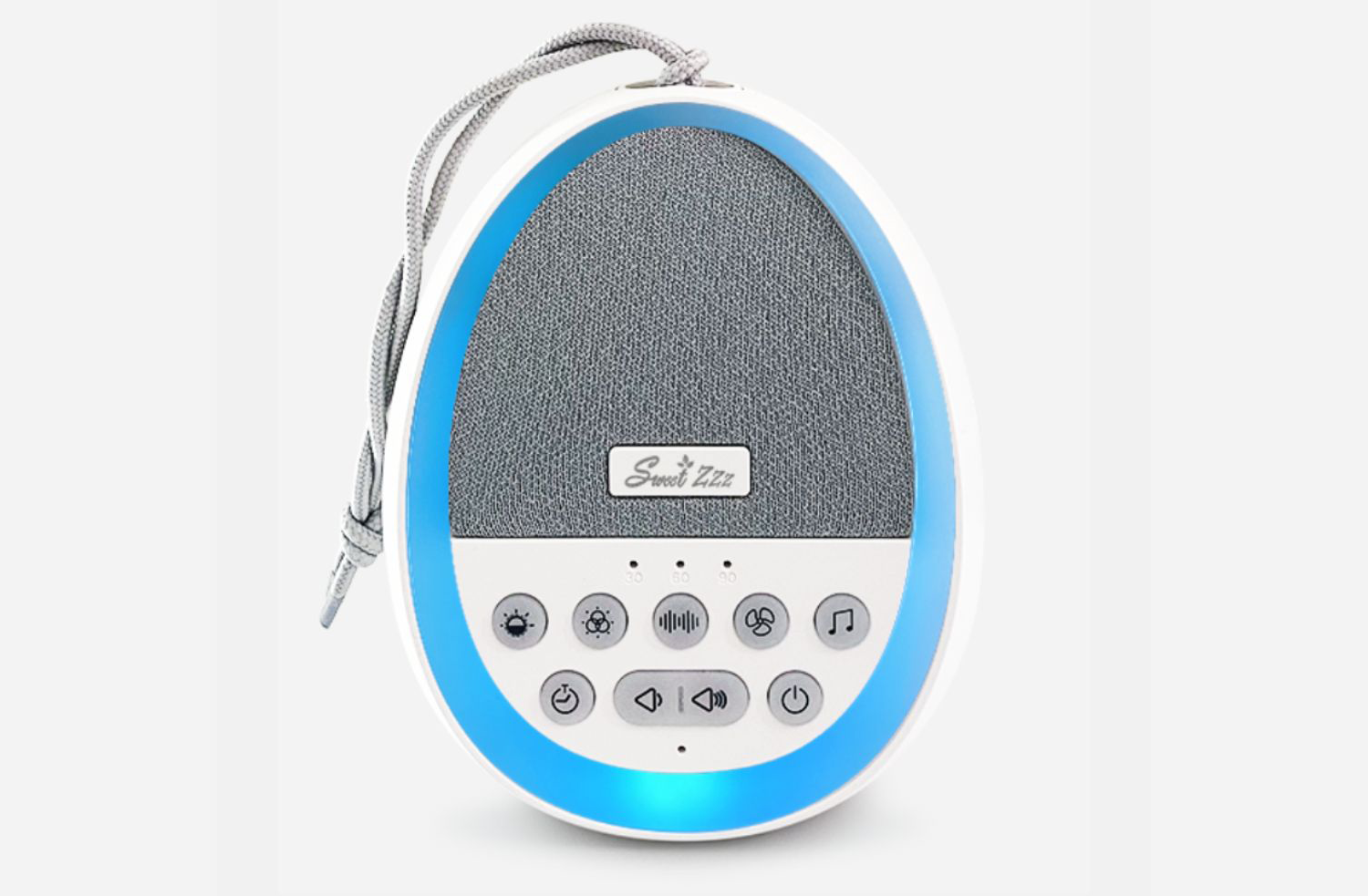


When it comes to a good night’s sleep, everything matters. Over 30% of people in the USA not getting enough sleep, we need to pay attention to every detail that can make you sleep better. The where, when and how long are extremely important. After all, you can’t sleep well if there are things distracting you, such as an uncomfortable mattress or a noisy environment.
How to make your bedroom the ideal place to sleep and relax? Just follow these simple tips.
1. Focus solely on sleep
The number one advice from experts when it comes to quality sleep is to use your bedroom only for sleep and sex.
Your bedroom should be a haven and the room you most associate with sleep, not work or entertainment. If your bedroom doubles as your home office or gym, it can be difficult to fall asleep there since you will most likely link it to work or other activities.
2. Keep it neat and tidy
Removing all unnecessary items from the bedroom is a step in the right direction. But, to improve your slumber even more, you should keep your room clean and organized.
Make your bed as soon as you get up. At some point in our lives we have all wondered: What’s the point of making your bed every day, when you have to turn it down again every night?
In fact, studies show that making your bed every morning has a positive effect on your sleep. Clean and tucked in sheets help make your bedroom the sanctuary it is supposed to be. On the contrary, an untidy and cluttered room is known to cause stress and anxiety and keep you from getting the Zzz’s you need.
3. Keep it chill
The temperature in your bedroom can make or break your sleep. Studies show that you are more likely to get up in the middle of the night and less likely to go back to sleep if the room is too hot. Too cold and you can’t drift off to sleep properly.
Experts say that the ideal temperature for sleep is around 65 degrees Fahrenheit.
So, what can you do? Hot sleepers should turn the thermostat down or even try a fan or an air conditioner. They should also choose bedding and clothes that are not too heavy and that don’t feel too restrictive. Also, keep in mind that some mattresses trap heat, while others offer better temperature regulation.
If you’re cold, put on socks or warmer pajamas. Bundle up in cozy blankets or comforters. And remember that the cooler the room, the better you’ll sleep. Plus, you’ll save a bunch on fuel bills.
4. Block out the light
Although some people prefer to sleep with nightlights or even dimmed lighting, experts say that absolute darkness is best for a good night’s rest.
Light, more than anything else, regulates your circadian rhythm. Whether it’s sunshine or artificial, light basically tells your body it’s time to get up. No wonder people sleep better in the dark.
Investing in blackout curtains is a good idea as they not only block out the morning sun, but also protect you from street lights and moonlight. Some might use a sleep mask. However, there are many who feel that having a mask on while you sleep feels too confining.
5. Control noise levels
Traffic and sirens going off, your neighbor blasting music on the speakers or your partner snoring—all are examples of noise that can stop you from falling asleep. Or even worse, wake you up and stop you from entering the deep, most restorative stage of sleep.
On the other hand, some sounds can be soothing and actually improve your sleep quality. White noise or a familiar sound could lull you off to sleep better and faster than the absence of sound could.
If you are one of those people who likes background noise, try using a white noise machine or turn the TV on low volume to drown out other unwanted sounds. But if complete silence helps you sleep, ear plugs are the way to go.
6. Make sure your mattress is the one for you.
Mattresses are an investment. They affect how fast you fall asleep and how you feel when you wake up in the morning. A mattress that is too small and uncomfortable can cause you many sleepless nights. Also, sleeping on a surface that is not right for your body will leave you aching all over.
If your mattress is causing you pain or discomfort or is showing signs of wear and tear, it’s time to go mattress shopping.
Choosing the perfect sleeping surface isn’t easy, so it’s best to shop around before making a final decision.
7. Bedding and pillows are important, too.
The perfect pillow varies according to your sleep position.
People who sleep on their backs would benefit from soft, puffy pillows that prevent back and neck pain. On the other hand, stomach sleepers should sleep on a thin pillow or no pillow at all. For those who sleep on their sides, the best option is a down pillow that fills in the space between your neck and shoulders and keeps the spine straight.
Regularly wash and change your bedding. Suffering from allergies? Then, buy a hypo-allergenic mattress or cover that will protect you from dust mites and bacteria.
8. Get rid of electronics
Technology before bed is a big no-no. Smartphones and tablets disturb your sleep, as does the TV. Let’s face it, tech is addictive and time-consuming. Because there will always be another video to watch or another article to read, it’s a good idea to stay clear of all those distractions.
All electronic devices emit a blue light that can seriously interfere with your sleep cycle. Blue light lowers melatonin levels, making your brain and body think it is still daytime. Coupled with the entertainment tech provides, gadgets are best kept out of the bedroom.
If you must use electronics where you sleep, make sure you turn them off at least one hour before bedtime.
9. Give aromatherapy a try.
Using aromatherapy can help turn your bedroom into a peaceful, sleep-friendly environment. And it comes in many forms, such as scented candles, pillow and bedding spray and diffusers, so you have a wide range of options.
Bear in mind that while certain scents promote sleep, others can also make you feel more alert. Avoid minty scents as they are known to keep you up. Lavender and vanilla, on the other hand, are both proven to have a positive effect on sleep.
Finally, make sure the scent of your laundry doesn’t bother you. A fabric softener that is too strong might irritate you and cost you precious sleep time.
10. Paint it blue
The color of the walls in your bedroom can also affect your sleep. Interior designers usually go for light pastel colors and tend to avoid bright red and orange as these are considered to be too stimulating. Dark colors, on the other hand, can make the room seem smaller.
Actually, studies reveal that blue might be the best color for your bedroom. Blue is said to have a calming effect and even lower your blood pressure and heart rate.
Final Thoughts
You don’t always need pills or aids to help you sleep better. Sometimes, it is the little things that go a long way. Get a good mattress, regulate light, sound and temperature and your bedroom will become the ideal place for sweet dreams.
Written by: Mira Rakicevic


